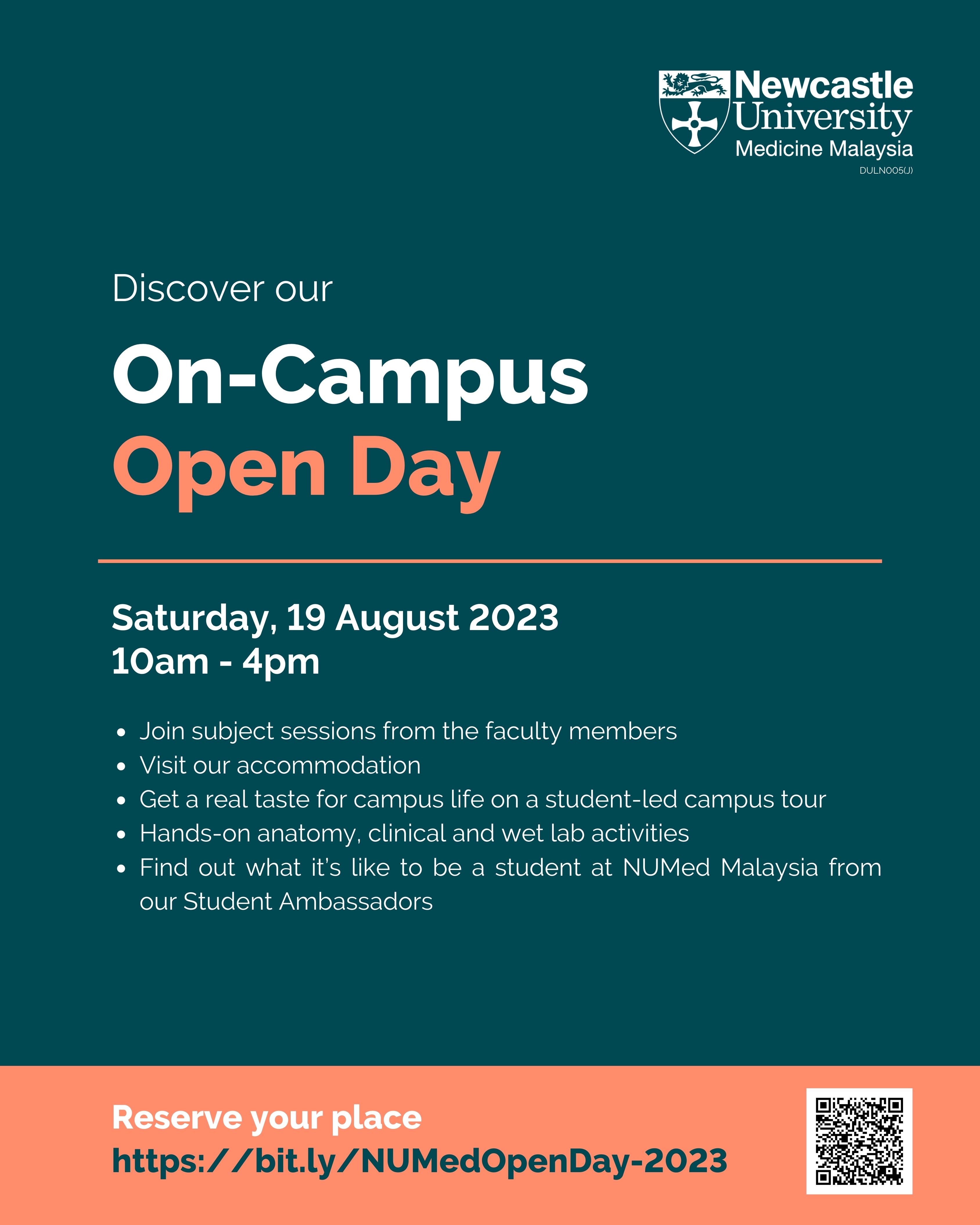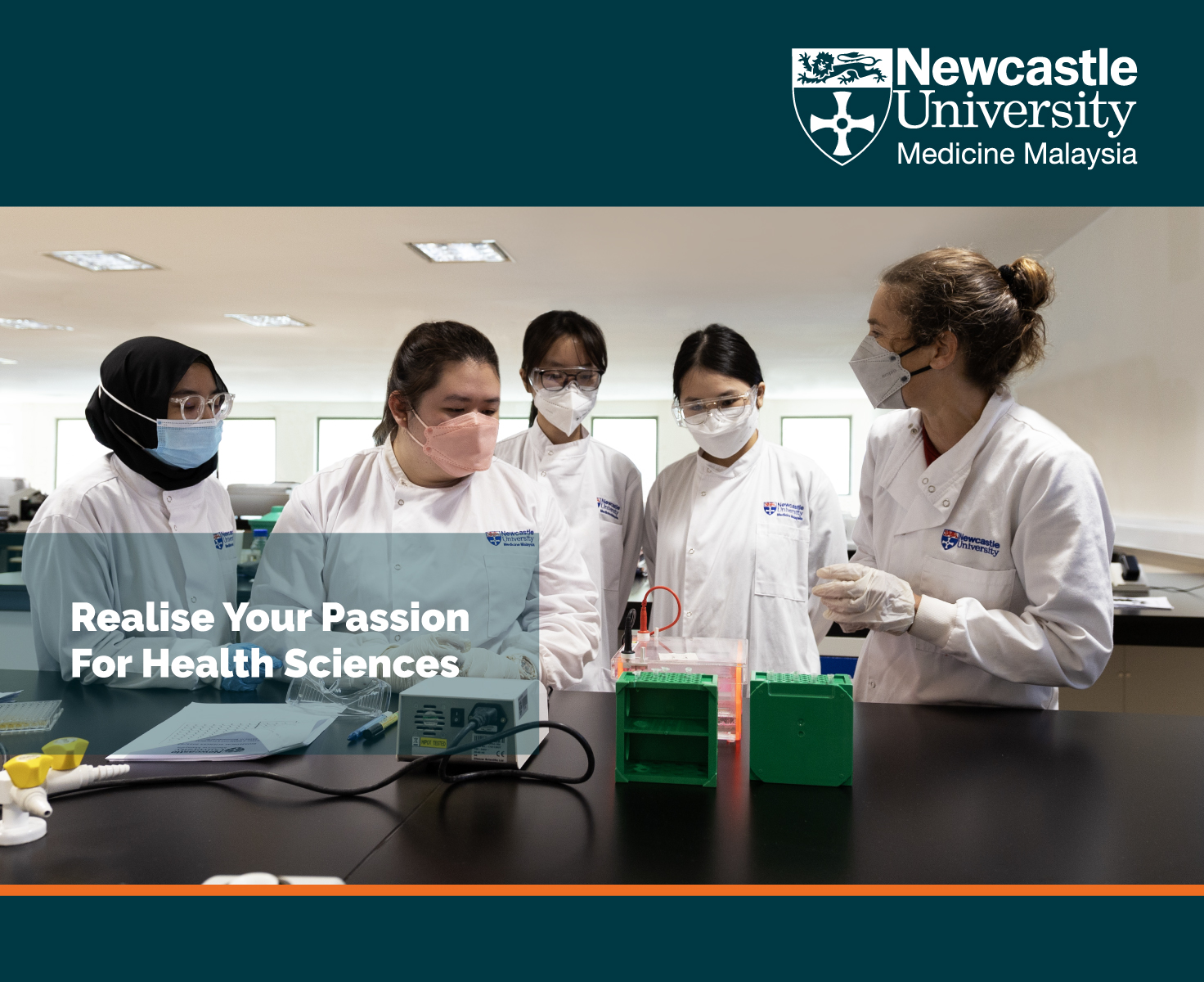IS UNIVERSITY STILL AN OPTION FOR ME?
This article provides some tips on navigating your higher education journey during these challenging times.

If you are currently a student, it may seem like the world is against you right now. The COVID-19 pandemic has brought many unprecedented changes and impacted the world in ways unimaginable. Many students around the world are in a state of limbo due to delayed examination dates and uncertainty of employability after graduation. The sudden shift to online learning and studying in isolation have also caused students to experience higher levels of stress, anxiety, depression and loneliness. With all of this going on, is pursuing higher education a good idea?
The short answer is yes! The importance of your education does not have to falter just because of the pandemic. Higher education institutions around the country are still open and offering plenty of learning opportunities to students. The pandemic is not going away any time soon so it is wise to do as much preparation as you can. Students who are prepared will be able to hit the ground running once the situation improves and face-to-face lessons become the norm again. In addition, the development of soft skills such as adaptability, critical thinking and emotional intelligence is necessary to face the evolution of job prospects in the post-COVID era.
Here are some things you can do from the comfort of your own home to prepare for the next phase in your education journey.
Plan ahead as normal
It’s important to do your research early and thoroughly to determine what options are available to you at diploma, undergraduate or postgraduate level. Collect and compile information on the courses you are interested in; paying special attention to the academic pathway, duration, intake months, career pathway and course fee, among others. This can be done by visiting websites and social media pages of various institutions. Attend physical or virtual Open Days to find out more about a particular institution’s offerings. In addition, you can also ask yourself these questions when searching for the right programme:
- Do I want to pursue an undergraduate degree? If so, which field would I like to explore?
- Do I possess the entry requirements needed for the pre-university programme?
- What are my learning preferences? Do I enjoy studying for examinations or thrive in group work and presentations?
Upskill and learn
Take advantage of the extra free time you have now to learn new skills. Find out what skills are in demand by employers try your best to pick up those skills with the resources you have. One of the most sought after skills by employers today is digital literacy. Generally, social media marketing skills, knowledge in search engine optimisation (SEO), search engine marketing (SEM), email campaigns, and managing websites are highly valuable and relevant to employers. You can also read up on data literacy, computer programming, big data, the Cloud, artificial intelligence (AI) for a basic understanding of these topics. There are so much information and knowledge available online today. Learn from Youtube tutorials, online courses, participate in free webinars and more!
Do your research on financial aid
One of the pressing concerns for students today is the financial difficulty brought upon by the pandemic. The overall global economy has taken a hit and news of job losses and closure of companies are frequently reported. Although it is important to be aware of these issues, it should not hinder you from pursuing your studies. This is the time to be proactive and do your research on the scholarships and financial aid available to you. In addition, a number of higher education institutions have introduced fee freezes or fee reductions to attract potential students. There may also be fee waivers if you sign up for enrolment during Open Days.
Reach out for support
What is currently going on in the world is overwhelming and filled with uncertainty. Therefore, take a break if needed to assess your current situation and ask yourself this question, “Am I financially and mentally capable to enrol in a course in college or university?” Reach out to family and friends if you are having doubts or feeling anxious about the future. You can also speak school counsellors or career counsellors for advice and guidance. Limit your news intake and time spent on social media. Instead, spend time indulging in your hobbies, exercising and watching your favourite television shows. It’s vital to take care of your mental health, practise mindfulness and focus on the positive.
There is no rush to pursue your studies right away after completing secondary school or pre-university programme. Taking a gap year is a good idea especially if you are unsure of what subject area you want to pursue. You can spend your gap year working part-time to earn some pocket money or reach out to NGOs for possible volunteer work. Better yet, find work experience in the field you're interested in to find out if this is something you wish to pursue in the future. In addition, you can spring clean your room and organise your belongings. If restrictions allow, you can spend some time exploring your neighbourhood and getting closer to nature.
No one knows what the future will hold and many things are out of our control. What we can control are our own thoughts, feelings, behaviour and actions. If you are currently a student, take it a day at a time. Remember to focus on solving immediate problems and creating achievable goals for your future.
Advices





News from Institutions
















